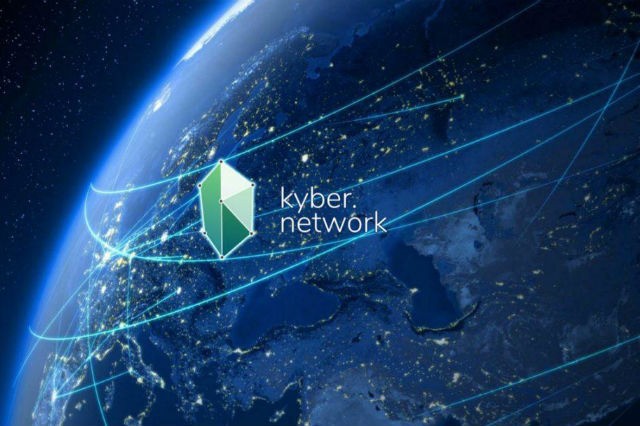The DEX protocol Kyber Network has released a Beta version of their Dynamic Market Maker, which was planned with the protocol upgrade to version 3.0.
1/ Kyber DMM will be the first major protocol addition to Kyber 3.0's liquidity hub and provides important benefits to #DeFi liquidity providers, allowing fully permissionless liquidity contribution from anyone and access to liquidity by any Dapp, aggregator, and end user🌊 pic.twitter.com/hHd74QZSiB
— Kyber Network (@KyberNetwork) April 5, 2021
Greater Capital Efficiency and Less Impermanent Loss
Kyber’s Dynamic Market Maker sets itself apart from classical market makers due to two factors. Firstly, liquidity pools created under the new DMM protocol adjust their trading fees according to the market conditions. Under high volatility conditions, the trading fees increase in order to protect liquidity providers from impermanent loss. When the volatility is low, the trading fees decrease in order to encourage trading.
The second new feature is the introduction of amplified pools. Pool creators can set an amplification factor that alters the trajectory of price curves for tokens added to the pool. These results have improved capital efficiency compared to traditional AMMs and lead to lower slippage as long as there is enough liquidity in the pool.
More Migration Plans
The introduction of the Dynamic Market Maker is one of the core features of Kyber 3.0. As part of their plans to improve the protocol, KNC holders recently approved the migration to a new token contract that is more powerful and allows the minting of new tokens if deemed necessary. High-profile investors such as Hyperchain Capital advocated for the plans after Kyber implemented safeguards to prevent excessive token minting.
At the current time, another improvement proposal has been put up for governance voting, to migrate KyberDAO as a whole. The proposal states:
This KIP aims to further amplify KyberDAO’s role in the long-term governance of Kyber Network, creating a system that efficiently facilitates important decision-making processes with suitable incentives to stimulate growth and innovation. In the process, changes will be made to how fees are handled and distributed, and the permissions granted to the different KyberDAO stakeholders.
So far, it seems like KIP-7 is likely going to pass, as out of 73 addresses that have already cast their vote, only one rejected the plans with 99.77% of the KNC tokens voting in favor of the migration. The voting period will end on April 20.















